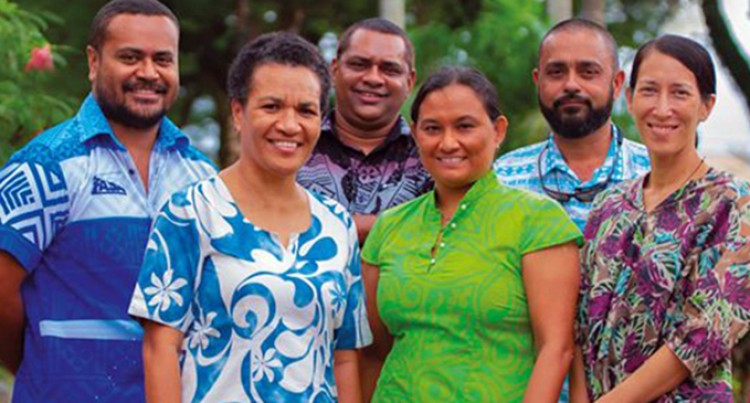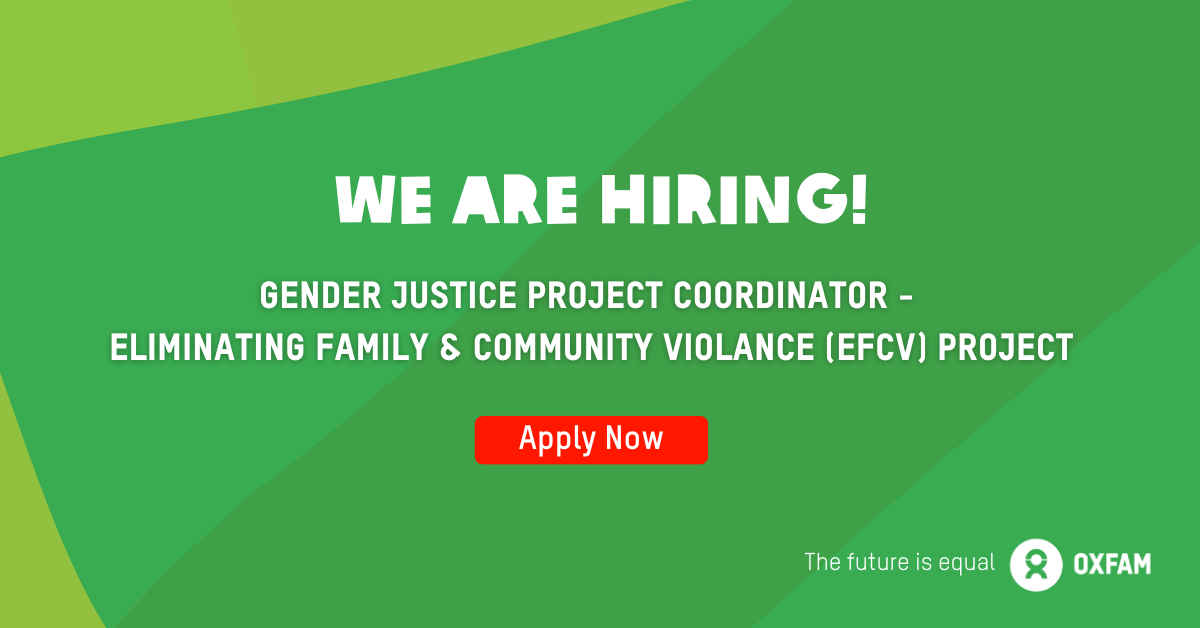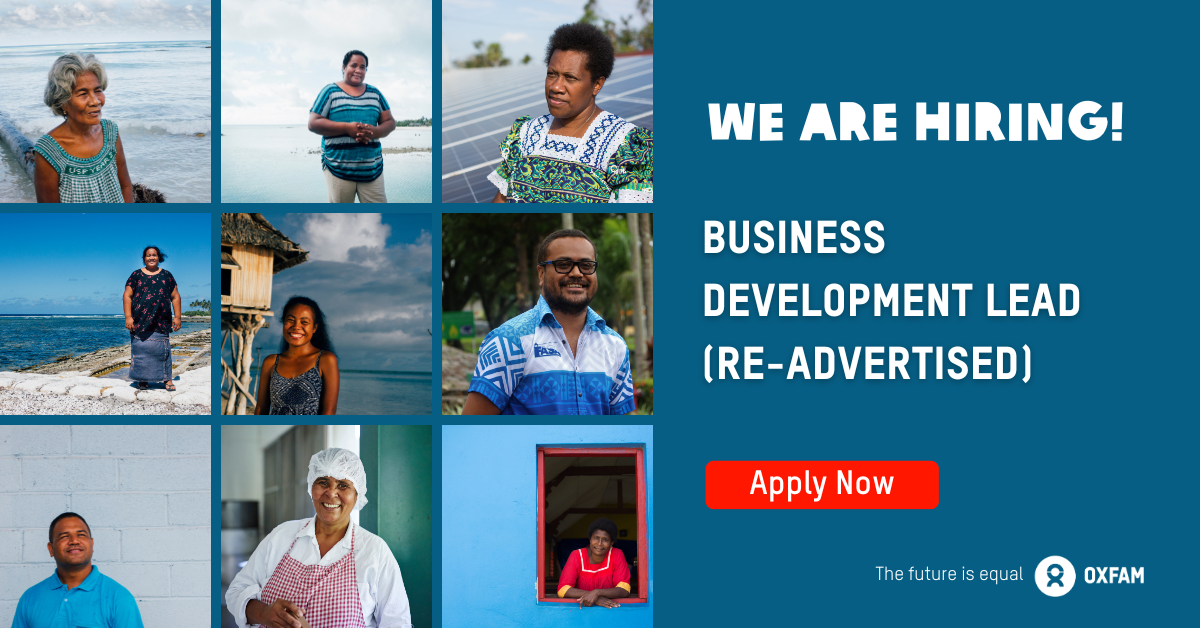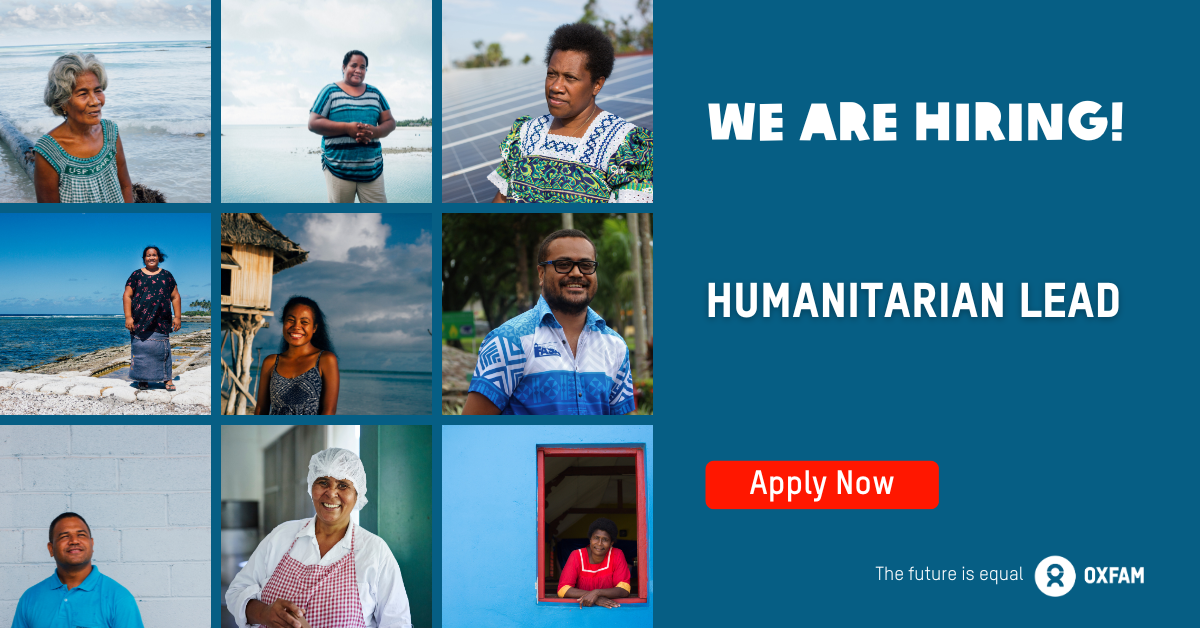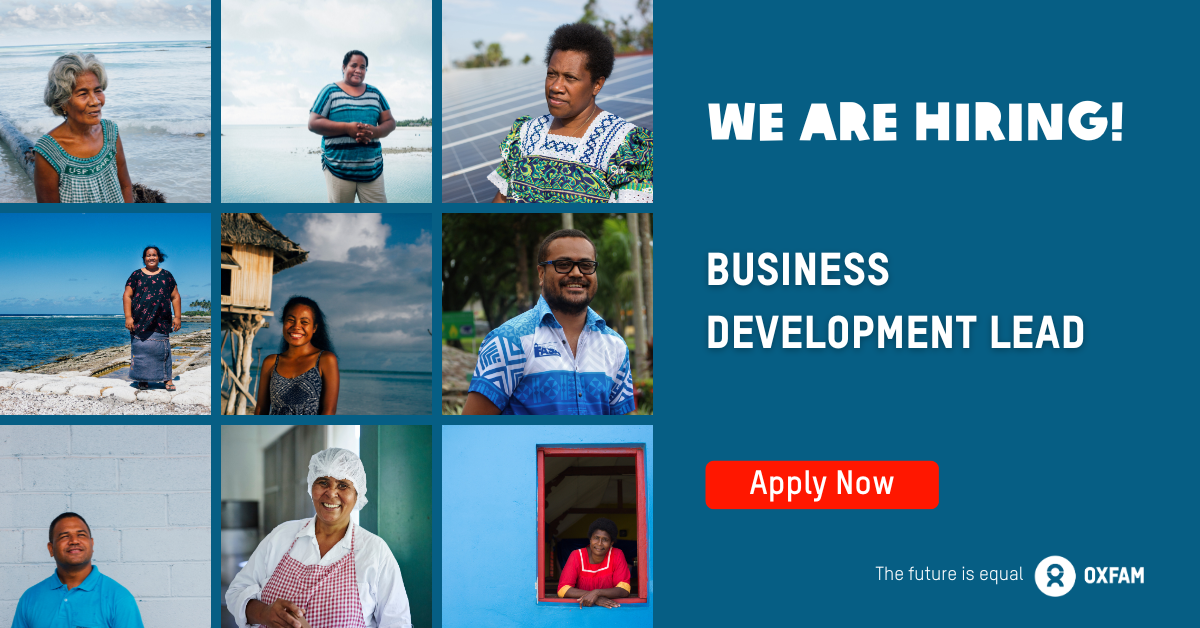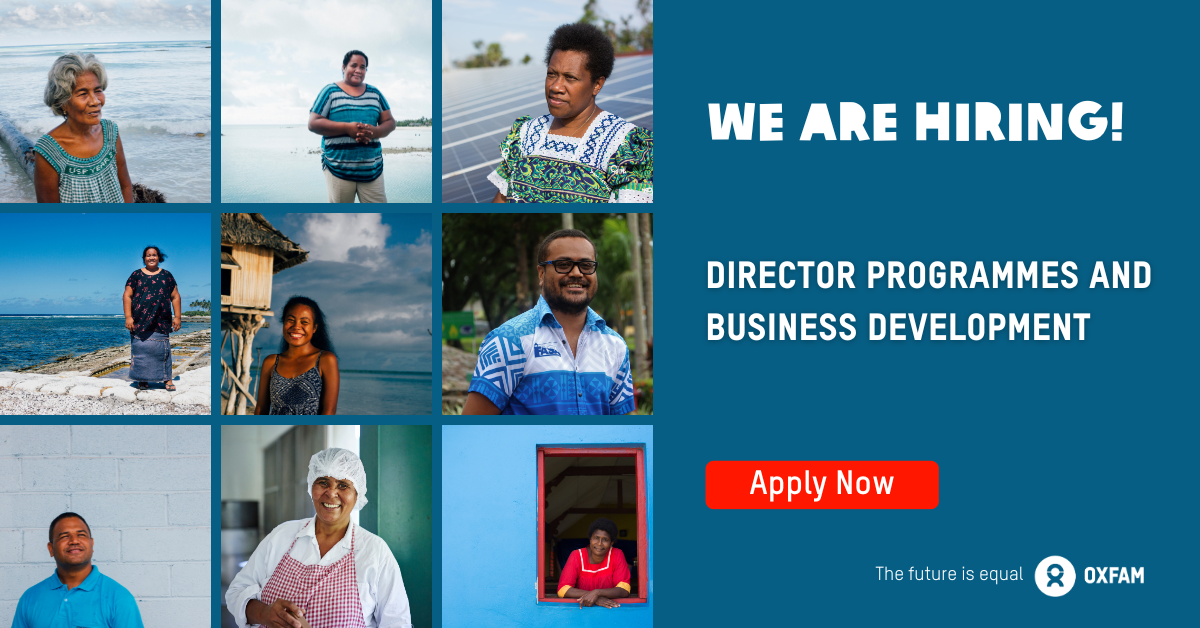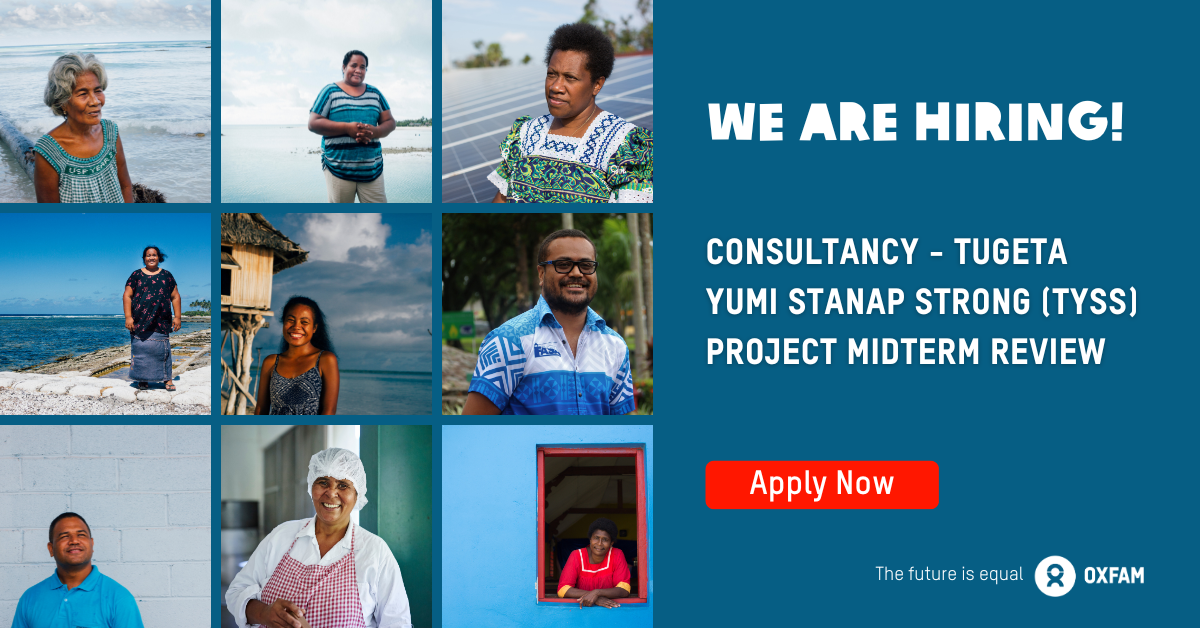The panel provided an uncompromising assessment of Fiji’s natural and built environment and the ongoing climate impacts within the context of the pandemic
and beyond. 2020 is set to be the most critical year for both biodiversity and climate emergency.
ENVIRONMENT AND CLIMATE SYSTEMS
by Maureen Penijueli, Coordinator PANG
LAST week, Reset Fiji focused on the environment and climate systems. The panel provided an uncompromising assessment of Fiji’s natural and built environment and the ongoing climate impacts within the context of the pandemic and beyond.
This is set to be the most critical year for both biodiversity and climate emergency.
Most scientists already agree that the world is facing unprecedented environmental crises.
On June 18, the world was warned by the International Energy Agency chief that we had only six months to avert runaway climate change, while scientists warn of an age of extinction – we are losing species at a rate 1000 times greater than any other time in human history.
Both the UN and WHO, warned that the pandemic is linked to the destruction of nature, in particular forests and the trade in wildlife resulting in the jump of diseases from wild animals to humans.
Amid these warnings, Tropical Cyclone Harold – a Category 5 cyclone that hit Fiji, Vanuatu and Tonga – is a reminder that any reset post-pandemic Fiji must account for these supra-natural events as the new norm while striving to develop a sustainable, equitable and prosperous country not just for this generation but for generations to come.
Our biological systems are under significant threat from a highly extractive economic system that places profit before life.
The over-exploitation and degradation of the environment presents problems that cannot be solved by simple announcements or policy changes argued Dr Jale Samuwai.
The failings of the economic system – both with its increasing inequality within and between nations and driving climate change – have come about from the inability to heed the biological systems that sustain life.
Discussions on resetting must concentrate on how the economic system can be reset to support the environment and prevent climate emergency. Dr Sangeeta Manghubhai pointed out that our experience shows that natural disasters and economic disruptions result in increased pressure on natural resources, “a crisis within a crisis” as countries look for opportunities for economic growth.
The pandemic has already had an unprecedented impact on coastal fisheries as increasing unemployment has meant people have turned to the natural environment for food security and livelihoods.
Captain Jonathan Smith commented how the decrease in employment has seen a rise in people looking for food in the mudflats around Suva, putting further pressure on an area that is already struggling with pollution from land based activities including from the dumping of large amounts of rubbish into our waterways.
Jodi Smith warned that unless the local threats including over-exploitation are stopped or at least controlled the great sea reefs of Fiji, arguably Fiji’s greatest living infrastructure which feeds, protects us from natural disasters and contributes 40 per cent to GDP is on track to destroyed within 20- 30 years.
Crucial to the conversation about the environment is how people fit in to it and how our actions impact it.
In Fiji, over 50 per cent of the population lives in urban or peri-urban areas, of this, 20 per cent live in informal settlements in other words one in every five Fijians live in these settlements.
COVID-19 has exposed the necessity for planning and organisation to ensure that people can meet their needs like shelter, fresh water and sanitation, and that the same preparedness and planning must be undertaken regarding living within and sustaining the natural environment.
The intersection of the built environment and pressure on the natural environment is embodied in the Suva to Nausori corridor.
This area hosts one quarter of Fiji’s population and has the potential to provide significant food security for its residents, however, ongoing pollution and poor waste management is undermining this.
The solutions are available here in Fiji with our own people Ms Naluimatua explained as she called for local elections so that our communities are governed by people with real links and ties to the communities.
Meeting the needs of people must be done within the capacity of the ecological systems. Several panelists discussed that this involves bringing people into the conversation and focusing on sustainable development.
The panel had proposals regarding ensuring affordable housing, decentralised systems of waste management, greater investment and innovation in sustainable solutions that must include marginalised voices, especially women.
All the panelists raised the importance of the greater role of women in providing solutions, given the scope of their role in coastal fisheries, feeding families and understanding of regenerative cycles.
WHAT THE PANELISTS SAID?
“To be resilient, means keeping our fisheries healthy, so that they can withstand shocks like cyclones, economic disruptions, and can continue to be provide us food, and livelihoods. I am not just talking about fishing, but all along the supply or value chain.”
Dr Sangeeta Magubhai, Director Wildlife Conservation Society
“We have to appreciate and realise that the solutions that Fiji is seeking to address both climate change & the pandemic lies ‘within’. It is embedded in the practices, the values and the relationship that have for so long have been the glue of our communities. “
Dr Jale Samuwai, Climate Finance Advisor
“It’s not so much reset as it is action- it’s time for business to act with govt’s support; we need more #PPPs developed by people who know how to do business; we need to educate more girls to enter business – we need to come up with smart future-proof businesses”
Jodi Smith, Matanataki
“Lets bring back Local Government for each municipality and have councils run themselves from the bottom up. Use technology, such as a private blockchain to
ensure records and transactions are tamper proof. “
Mere Naulumatua, Urban Planner
“its not too late to fix, to press that reset button, its not to late to fix our environment! We can repair what we damage! Look after your own personal environment and educate others accordingly- a clean & healthy environment will supply you with an abundance of food – we need to be personally responsible!
Jonathan Smith Captain/Commercial Diver
Visit their Youtube channel- there are weekly updates.
https://www.youtube.com/playlist?list=PLjUfo9ZGRfvPHBDdkb8f8K8ZV0VQrrYWu

